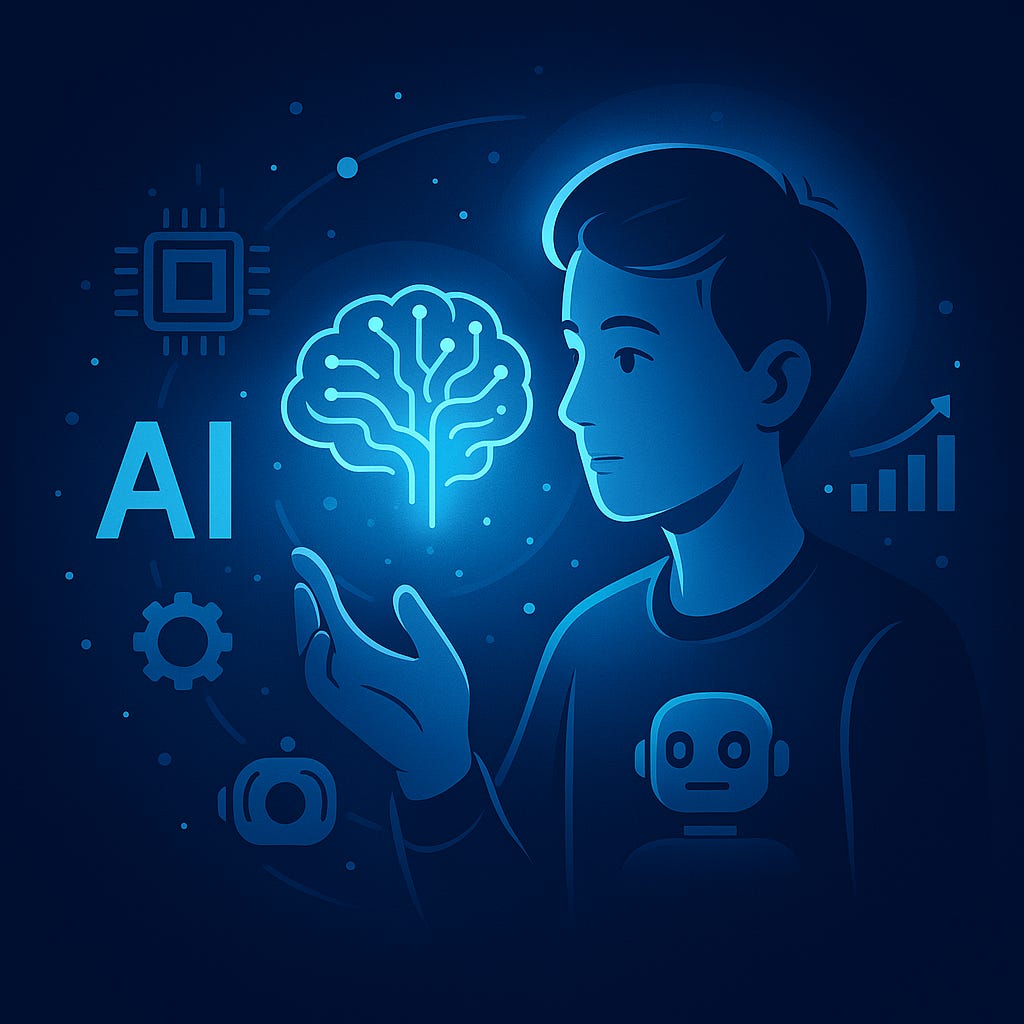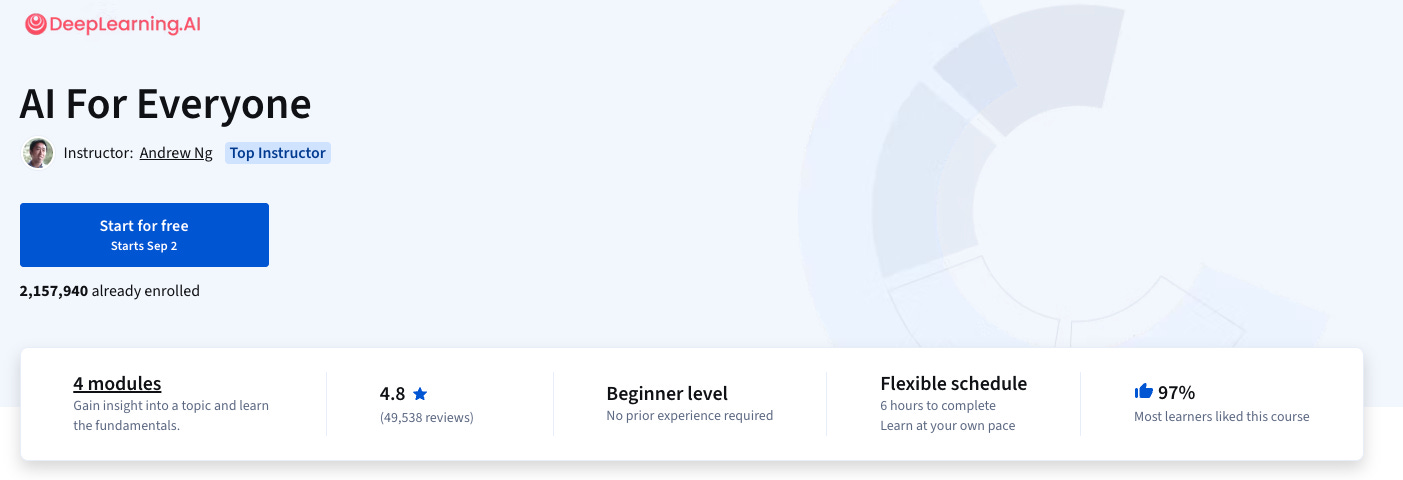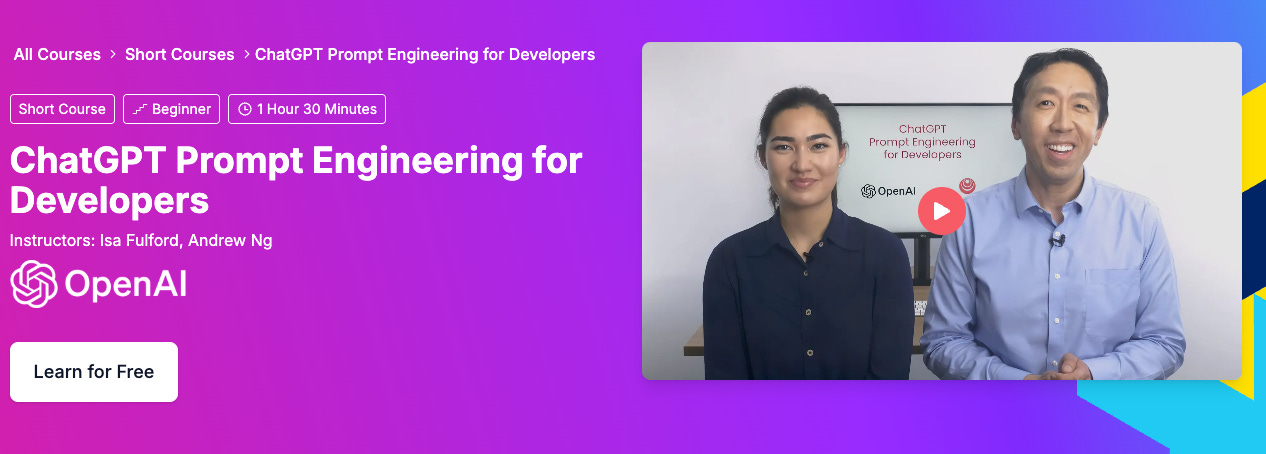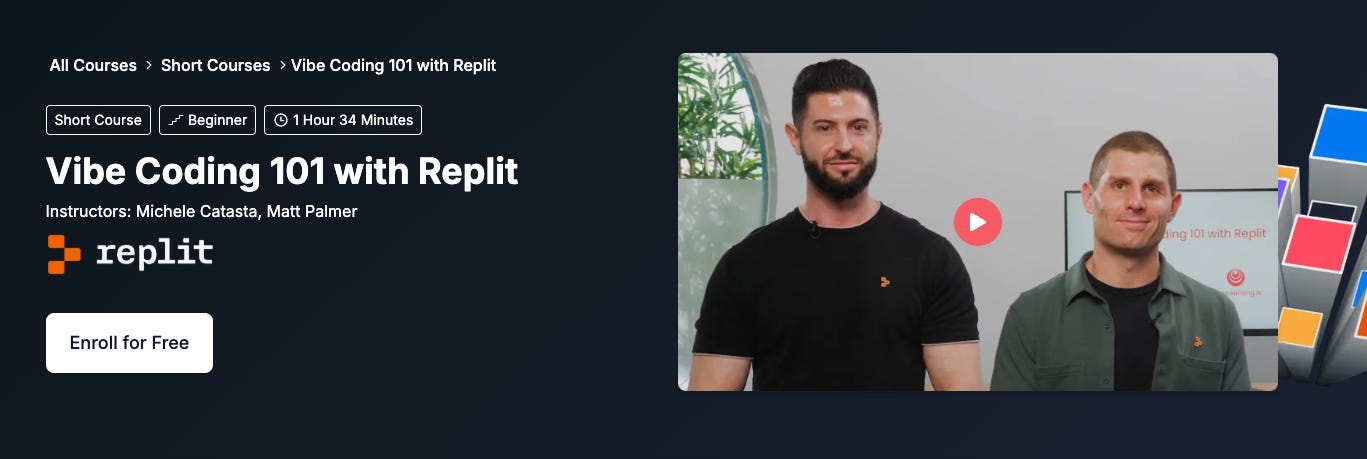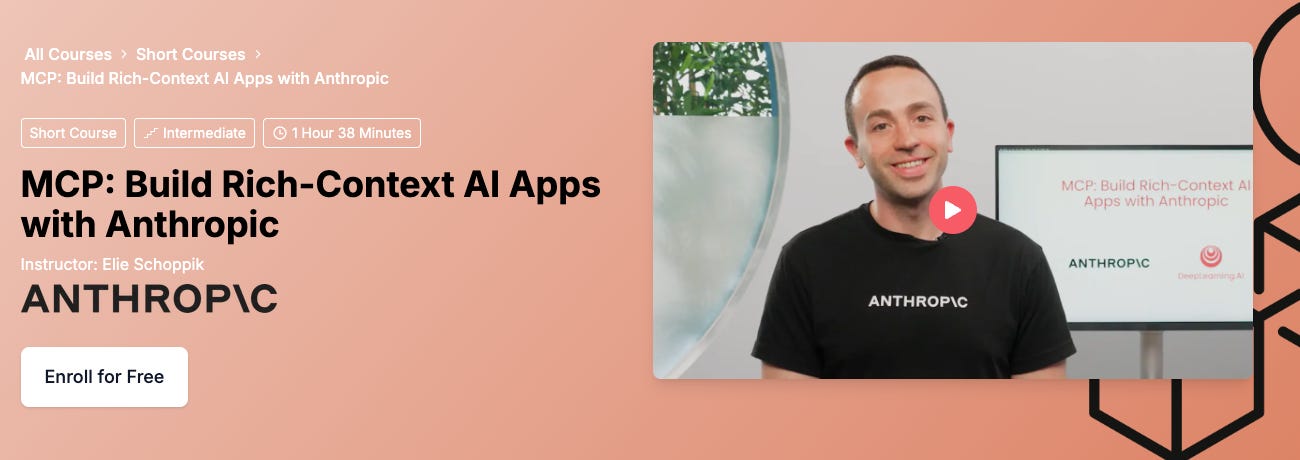5 Free AI Courses for Beginners: Kickstart Your Journey to Artificial Intelligence
From fundamental concepts to hands‑on multi‑agent systems, these free courses help you stay ahead
Artificial intelligence is no longer a futuristic concept—it powers search engines, chatbots and the tools we use every day. Yet many people still feel lost when it comes to understanding and using AI. The good news is that you don’t need a computer science degree or a big budget to get started. There are high‑quality courses designed for absolute beginners that will guide you from first principles to hands‑on practice. This article highlights five free courses that demystify AI and show you how to build with it.
Why learn AI now?
Adopting AI skills early can give you a major edge in your career. Professionals who know how to leverage AI tools often complete tasks faster and make better decisions. At the same time, AI literacy reduces fear and confusion; instead of feeling overwhelmed by new technology, you’ll see opportunities to automate repetitive work and solve complex problems. The courses below cover a spectrum of topics—from general awareness to building agents—so you can choose your own learning path.
1. AI for Everyone (Andrew Ng) -
Andrew Ng’s AI for Everyone course provides a gentle introduction to artificial intelligence. It assumes no technical background and focuses on concepts rather than coding. According to the course overview, learners explore fundamental AI terminology, the capabilities and limitations of modern AI, and how to recognize AI opportunities in different industriesgolden.com. It also explains how machine‑learning and data‑science projects are structured and how business leaders can collaborate effectively with technical teamsgolden.com. By the end, you’ll understand AI’s potential, its ethical considerations, and how organizations can build responsible AI strategies. This course is ideal if you’re looking for a big‑picture view before diving into technical skills.
2. ChatGPT Prompt Engineering
Large language models such as ChatGPT are incredibly versatile, but to get the best results you need to phrase your instructions clearly. Prompt engineering is the process of structuring or crafting an instruction to produce better outputs from a generative AI model. A free course on prompt engineering shows you how to design prompts that elicit high‑quality responses, refine prompts through iteration and avoid common pitfalls. You’ll learn different prompt patterns—such as examples, role‑playing and step‑by‑step instructions—and see how tiny changes can dramatically improve answers. Mastering prompt engineering can make your interactions with ChatGPT and other generative models more productive.
3. Vibe Coding with Replit
If you’ve ever wanted to build an app without writing a single line of code, vibe coding with Replit is for you. Vibe coding is Replit’s approach to making software creation accessible through natural language. Instead of learning programming syntax, you describe what you want to build and the AI helps generate the necessary code. The platform is designed so that anyone—whether you’re launching a new business idea or creating internal tools—can build applications quickly. This course teaches you how to express requirements clearly, iterate on your app and deploy it. It’s a great way to experience no‑code development and understand how AI can accelerate software creation.
4. CrewAI Multi‑Agent Systems
As AI systems become more complex, they often consist of multiple agents that need to collaborate. The CrewAI Multi‑Agent Systems course shows you how to create your own AI agents and coordinate them effectively. The course description explains that learners gain hands‑on experience in AI collaboration and optimization across different industries, master the CrewAI platform for building multi‑agent systems and enhance their skills in intelligent agent creation and dynamic task managementlearn.crewai.com. You’ll learn how agents communicate, divide tasks and adapt to changing environments. This course is ideal if you’re interested in building agentic workflows or automating complex processes.
5. MCP Basics (Anthropic)
The Model Context Protocol (MCP), developed by Anthropic, is an open standard that allows applications to provide context to large language models. According to the official documentation, MCP is like a “USB‑C port” for AI applications: it provides a standardized way to connect AI models to different data sources and toolsmodelcontextprotocol.io. The protocol offers a growing list of pre‑built integrations, a method for building custom integrations and the flexibility to switch between different apps while keeping your contextmodelcontextprotocol.io. The MCP Basics course introduces you to this protocol, teaches you how to set up MCP servers and clients, and shows how to build agents and complex workflows on top of large language models. By understanding MCP, you’ll be able to integrate AI into existing systems more efficiently and securely.
Getting started
Each of these courses is free and designed for beginners. Here’s how you can make the most of them:
Start with the fundamentals. If you’re completely new to AI, begin with AI for Everyone to build a solid conceptual foundation.
Practice prompt engineering. Use ChatGPT or similar models to experiment with different prompt techniques from the prompt engineering course and observe how responses change.
Build something tangible. Try vibe coding with Replit to create a simple application—perhaps a personal to‑do list or a prototype for a business idea.
Explore multi‑agent systems. If you enjoy automation, experiment with CrewAI to see how multiple agents can work together on tasks.
Integrate with real data. When you’re ready to connect AI models to external tools, dive into MCP Basics and start building context‑aware applications.
Conclusion
Artificial intelligence is becoming a core skill for professionals across industries. Whether you want to understand AI’s possibilities, write better prompts, build apps without coding, orchestrate multiple agents or connect AI models to live data, these free courses can help you get started. By investing a few hours of focused learning now, you’ll gain knowledge that will keep you ahead as AI continues to evolve.


